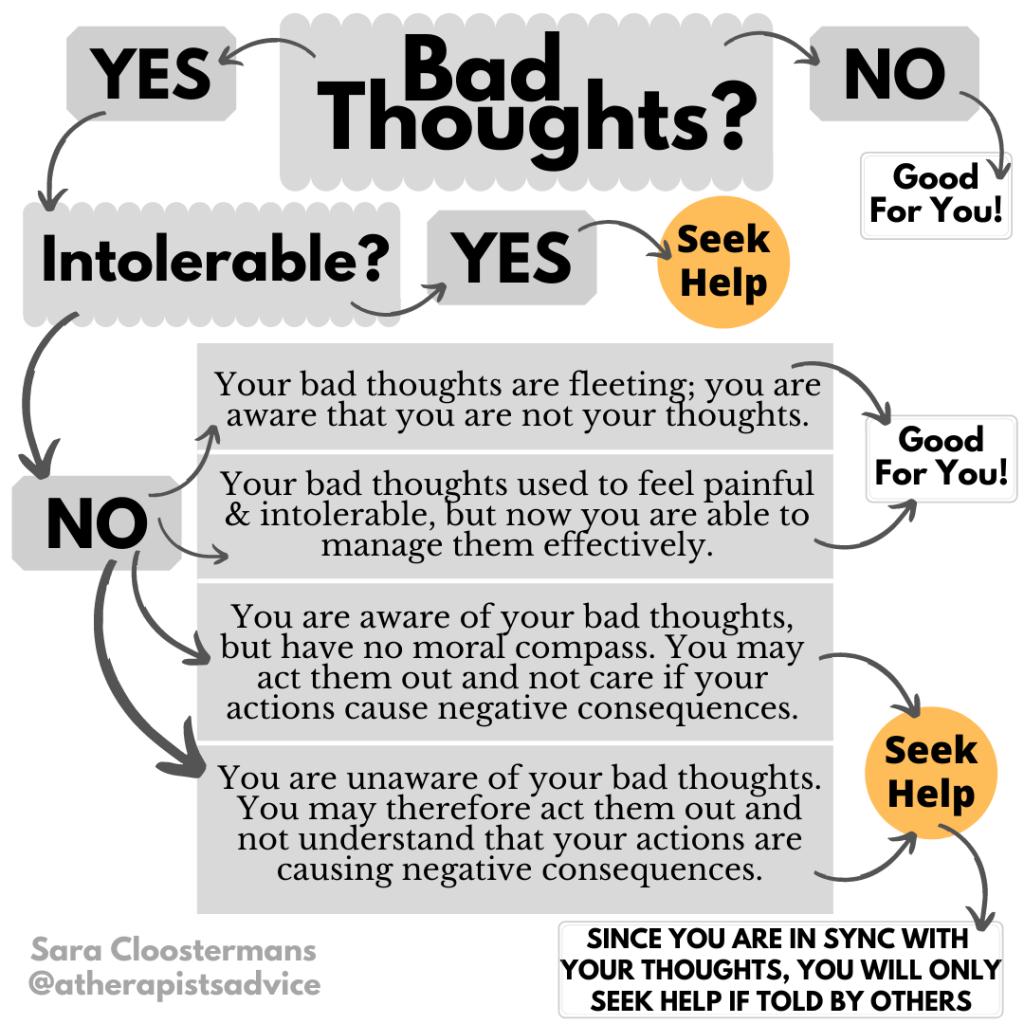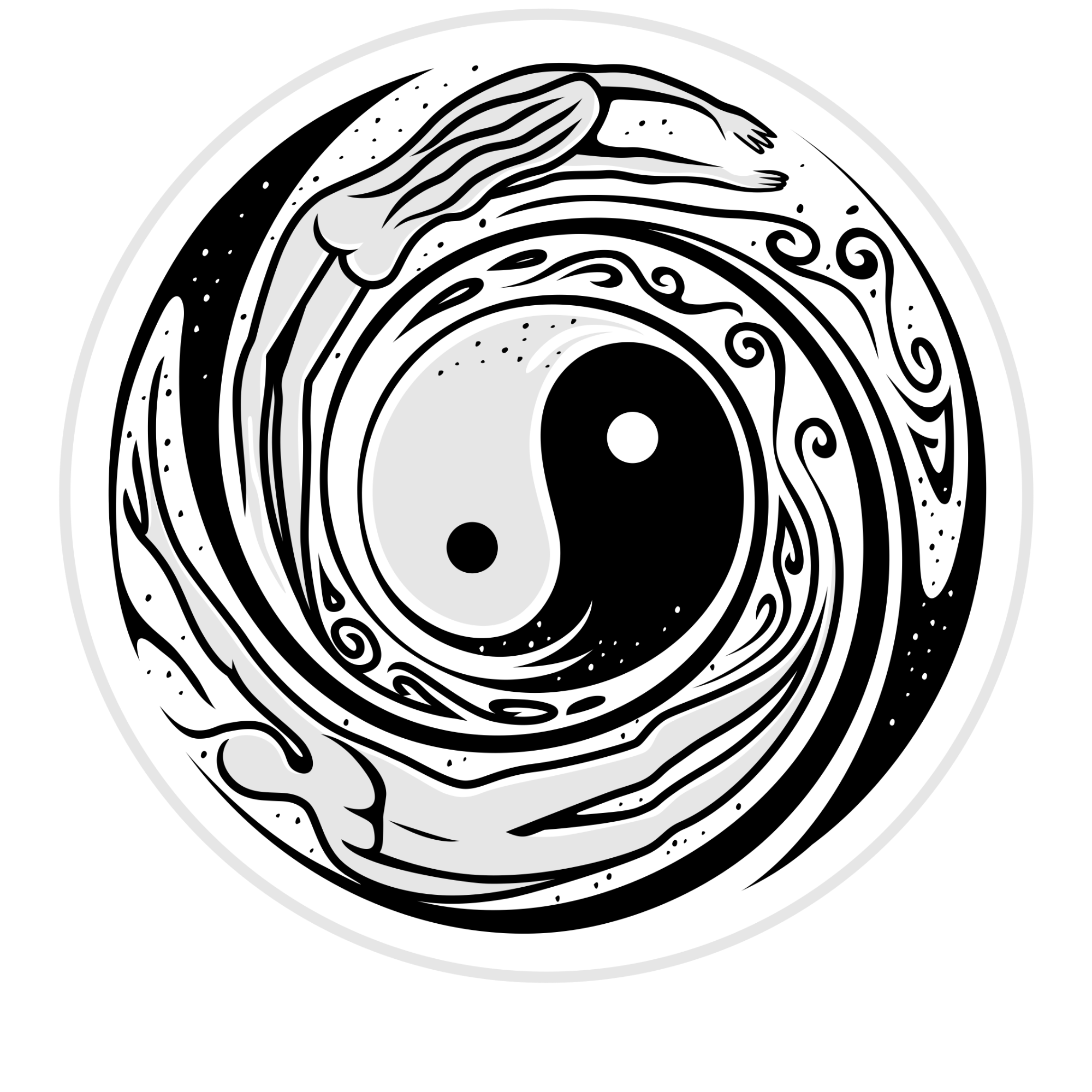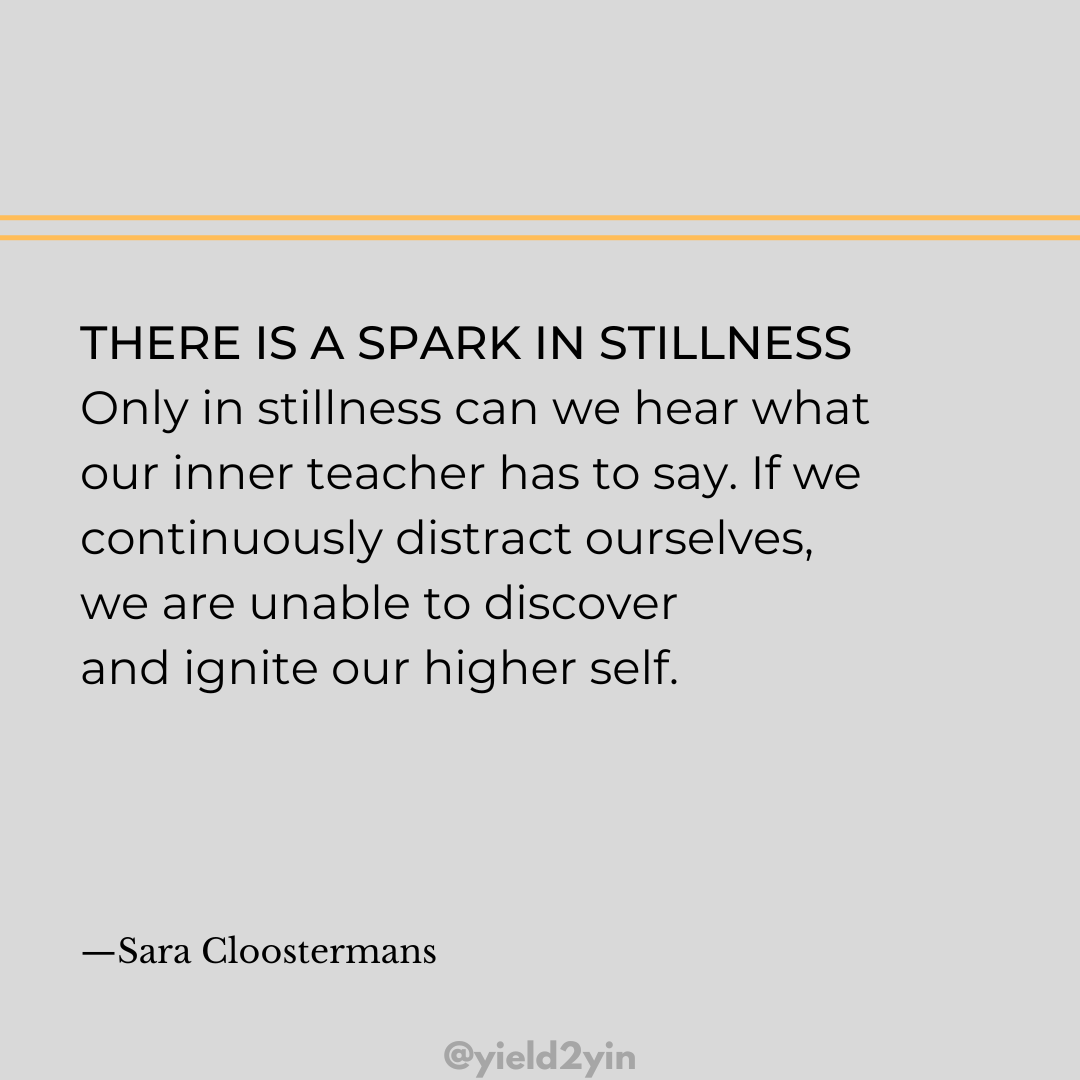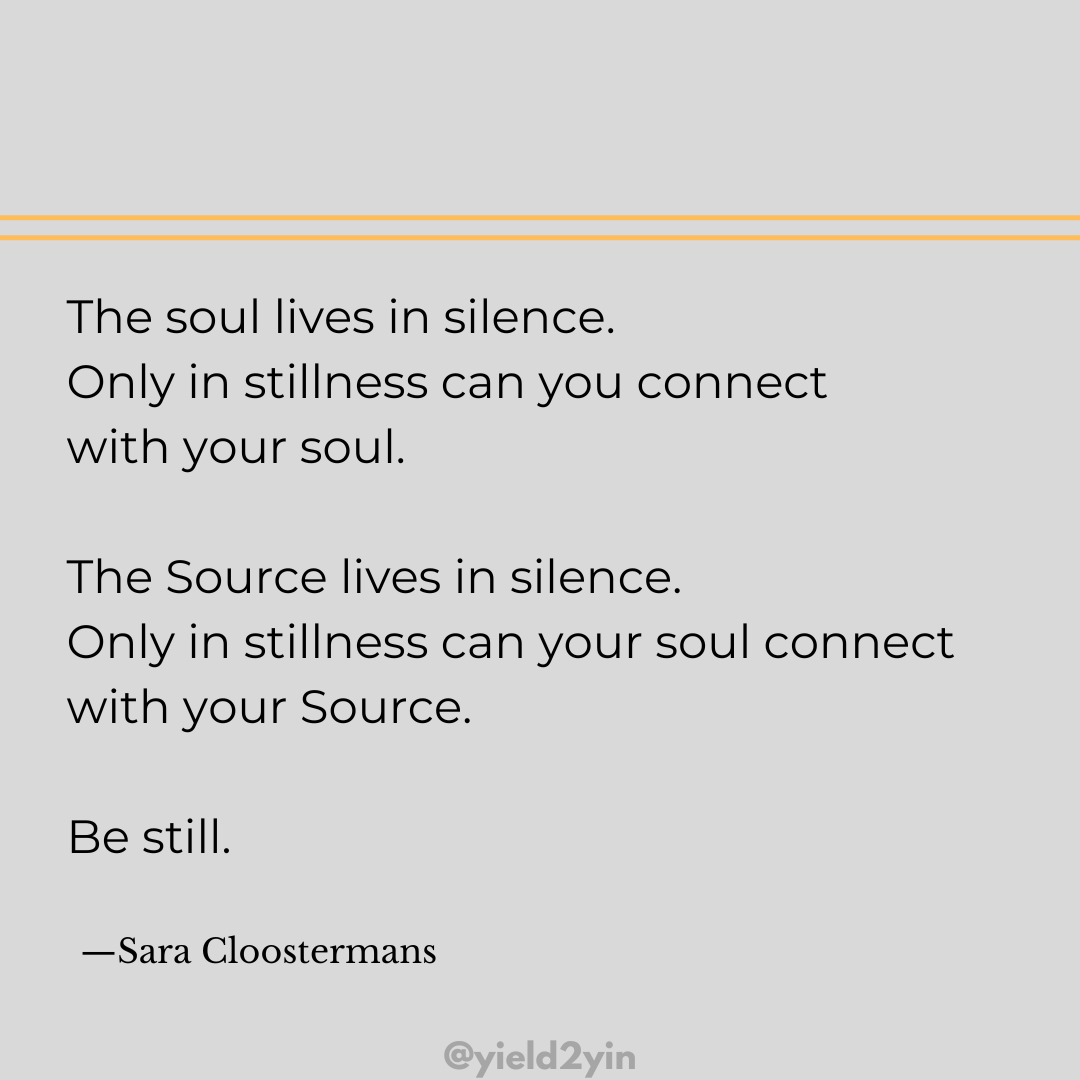You may have noticed that you talk to yourself all day long, which is what we often refer to as your “inner voice” or “self-talk.” The way you talk to yourself is ideally constructive, sometimes even healing, but usually neutral and harmless.
Unfortunately, however, self-talk can also be critical and destructive.
Because your thoughts have such a strong impact on your overall well-being, it is important to pay attention to them, especially the negative ones. If you are someone who is particularly hard on yourself and would like to start treating yourself more kindly, now is as good a time as any to become more mindful of your internal dialogue.
How To Evaluate Your Unwanted Thoughts
Here’s a simple system to evaluate your negative thoughts, Ask & Gauge:
1. Ask
Ask yourself the following question: “What are some of the scariest and/or darkest thoughts I have had over the last two weeks?” It can feel hard or maybe even scary to do this, but take a deep breath and evaluate.
2. Gauge
Next, gauge the intensity, frequency, and duration of your unwanted thoughts:
Intensity
How intense is your thought on a scale from 1 to 5: with 1 causing the least distress (tolerable, uncomfortable), 3 causing average distress (barely tolerable, between uncomfortable and painful), and 5 causing the most distress (painful, intolerable).
Frequency
How many times a day do you have these thoughts?
Duration
When you have intrusive thoughts, how long do they last? Do they quickly come and go, referring to “having fleeting thoughts”? Do they last longer, maybe even up to several hours a day, referring to “ruminating” (or for people with Obsessive Compulsive Disorder, referring to “obsessing”)?

Why You Should Evaluate Your Unwanted Thoughts
So now you have this new information about yourself. What do you do next?
Hiding From Unwanted Thoughts Makes Them Grow
We are pleasure-seeking beings, so naturally, we are inclined to ignore our unpleasant thoughts because they make us feel uncomfortable.
We secretly hope that unwanted thoughts will go away on their own without having to do the “shadow work,” yet the irony is that avoiding this inner work is at the heart of the issue.
If we want a healthy body, mind, and soul, it is essential that we lean into our shadow side from time to time, ideally before it turns dark. Think of it this way: a cough we do not pay attention to can turn into bronchitis, which can turn into pneumonia, first mild, then serious, which can then lead to death. Similarly, a mild depressive episode we do not keep an eye on can become moderate, then severe without psychotic features, and then, potentially, severe with psychotic features.
Accept Thoughts Are Just Thoughts
Having dark thoughts is normal. 100% of people, the joyful ones and the miserable ones, have a light and a shadow side to them. It is part of being human. Having bad thoughts does not mean that you are a bad person, nor does it mean that there is a connection between these thoughts and your actions.
Realize That Feeling Distressed About Bad Thoughts Is Healthy
It is a good thing to feel distressed when you have bad thoughts. If negative thoughts left you feeling indifferent, or worse, if they left you feeling in harmony with these thoughts—meaning that you would either not realize or not care that they were bad—we would be dealing with a much bigger set of problems, don’t you think?
Learn How To Reframe Those Negative Thoughts
I suggest that my clients practice calling out their BS with the double-SB. You know what BS stands for and here is what SSB stands for: Self-talk, Smack-talk, and Back-talk. Check back next week for my blog post on reframing your thoughts to learn all about it!
Seek Help If You Need Help
When you are a good person who is having a bad thought and you have some underlying mental health sensitivities, you may give the bad thought more power and intensity than it deserves. You may be making a mountain out of a molehill. Do not wait for your bad thoughts to increase in intensity, frequency, and duration; get help sooner rather than later. Often that means dropping your ego first.
If your bad thoughts, wanted or unwanted, lead to impulsive urges, acting out, suicidality, or homicidality, please seek help immediately.
Yield2Yin
- Healing Card Deck: A Therapist’s Advice 55-Card Healing Deck by Sara Cloostermans
- Book Recommendation: No Cure For Being Human by Kate Bowler
- Mantra: I AM AWARENESS // repeat with diaphragmatic breathing
- Yin Yoga Asana: Child’s Pose
This page includes Amazon Associate affiliate links, which means I may earn a small commission at no cost to you if you purchase a product I suggest. I only recommend products I believe in. Learn more HERE.







